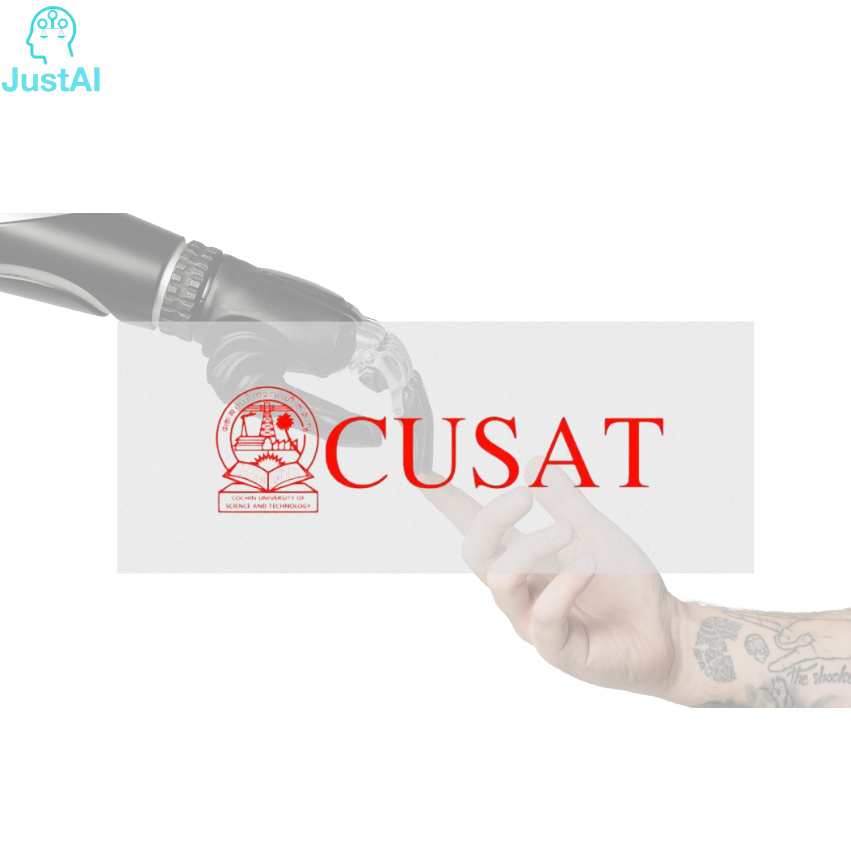The Justice V. R. Krishna Iyer Chair on Human Rights at the School of Legal Studies, Cochin University of Science and Technology (CUSAT), Kerala is pleased to announce a Two-Day International Hybrid Conference on the Convergence of Artificial Intelligence and Human Rights. This conference will serve as a platform to explore the intersection of AI and human rights, examining the ethical, legal, and social challenges posed by emerging technologies.
About Justice V. R. Krishna Iyer Chair on Human Rights
Established in memory of the Late Justice V. R. Krishna Iyer, former judge of the Supreme Court of India and a distinguished advocate for human rights, the Chair is committed to advancing human rights-centered legal principles. The Chair fosters awareness about human rights among students and educators, encouraging compassion and justice in all spheres of life.
About the Conference
This two-day hybrid conference will bring together experts, scholars, and professionals from across the globe to discuss the critical issues at the intersection of artificial intelligence and human rights. The conference will explore the implications of AI on human dignity, autonomy, and the protection of fundamental rights, offering a space for deep engagement on the ethical and legal challenges AI presents.
Important Dates
- Submission Deadline (Full Paper & Registration): October 16, 2024
- Conference Dates:
- Day 1: 25th October, 2024 (Hybrid with offline technical sessions at CUSAT)
- Day 2: 26th, October, 2024 (Online paper presentations)
Themes
The conference encourages submissions that address various dimensions of the convergence of AI and Human Rights. Themes include, but are not limited to:
- Protection of fundamental human rights in the age of AI
- Implications of AI advancements on human dignity and autonomy
- Ethical and legal challenges posed by the use of AI in various fields
- Responsibilities and accountability for human rights violations by AI actions
Submission Guidelines
- Full Paper Submission Deadline: October 16, 2024 (No abstract submission required)
- Word Limit: 3500 – 4500 words (excluding footnotes)
- Font: Times New Roman, size 12 (main text); Times New Roman, size 10 (footnotes)
- Alignment: Justified
- Citation Style: OSCOLA 4th Edition
- Co-authorship: Allowed (up to two authors)
- Originality: All submissions must be original, unpublished work and plagiarism-free (similarity up to 15% allowed with proper footnoting; AI content up to 5%)
- File Format: Microsoft Word only
- Cover Page: Include the paper title, author’s name, affiliation, contact details, and theme of the paper
Submission Process
- Both the registration and submission of full papers must be completed electronically via Google Form by October 16, 2024.
Registration Fees
- Single Author: Rs. 750
- Two Authors: Rs. 1000
The fee can be paid to the following account: - Account Name: Justice V. R. Krishna Iyer Chair on Human Rights, School of Legal Studies
- Bank: SBI CUSAT Campus Branch
- Account No.: 67177926340
- IFS Code: SBIN0070235
Note: All participants will receive an E-certificate upon successful presentation at the conference.
Publication Opportunity
Selected best papers from the conference will be published in an edited book with an ISBN number.
Programme Mode
- Day 1 (November 9, 2024): Hybrid mode with offline technical sessions at CUSAT (online attendance for paper presenters is allowed)
- Day 2 (November 10, 2024): Online paper presentations
Contact Information
To Apply, Click Here
For any queries, please reach out to:
- Email: vrkchair@cusat.ac.in
- Dr. Aneesh V. Pillai, Coordinator: +918606558242
- Nandana Rajesh, Research Assistant: +8921782588
This is an excellent opportunity to contribute to a meaningful discourse on how artificial intelligence intersects with fundamental human rights. We invite submissions from academicians, researchers, practitioners, and students who wish to participate in this important conversation. Don’t miss the chance to share your insights and contribute to this emerging field!

